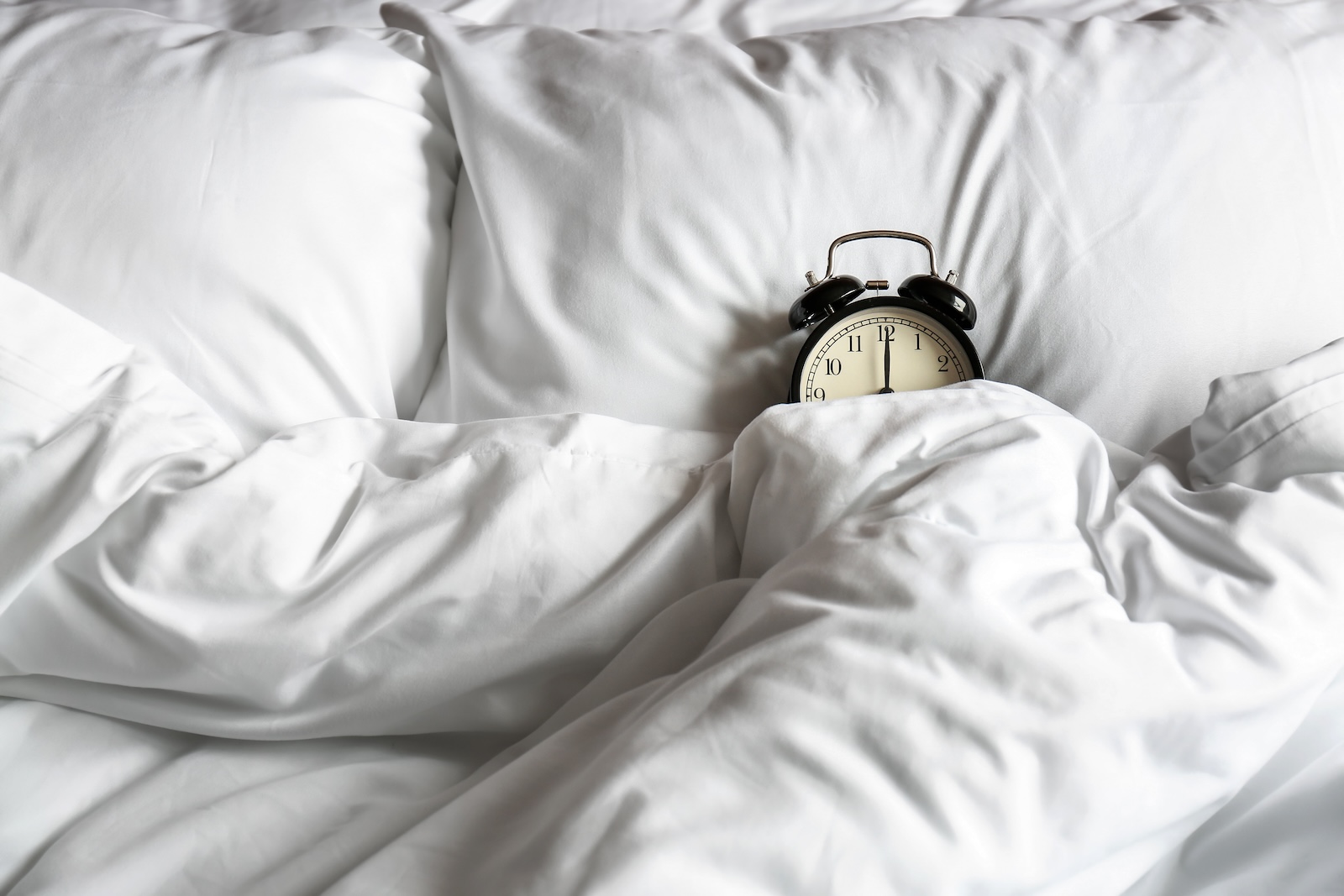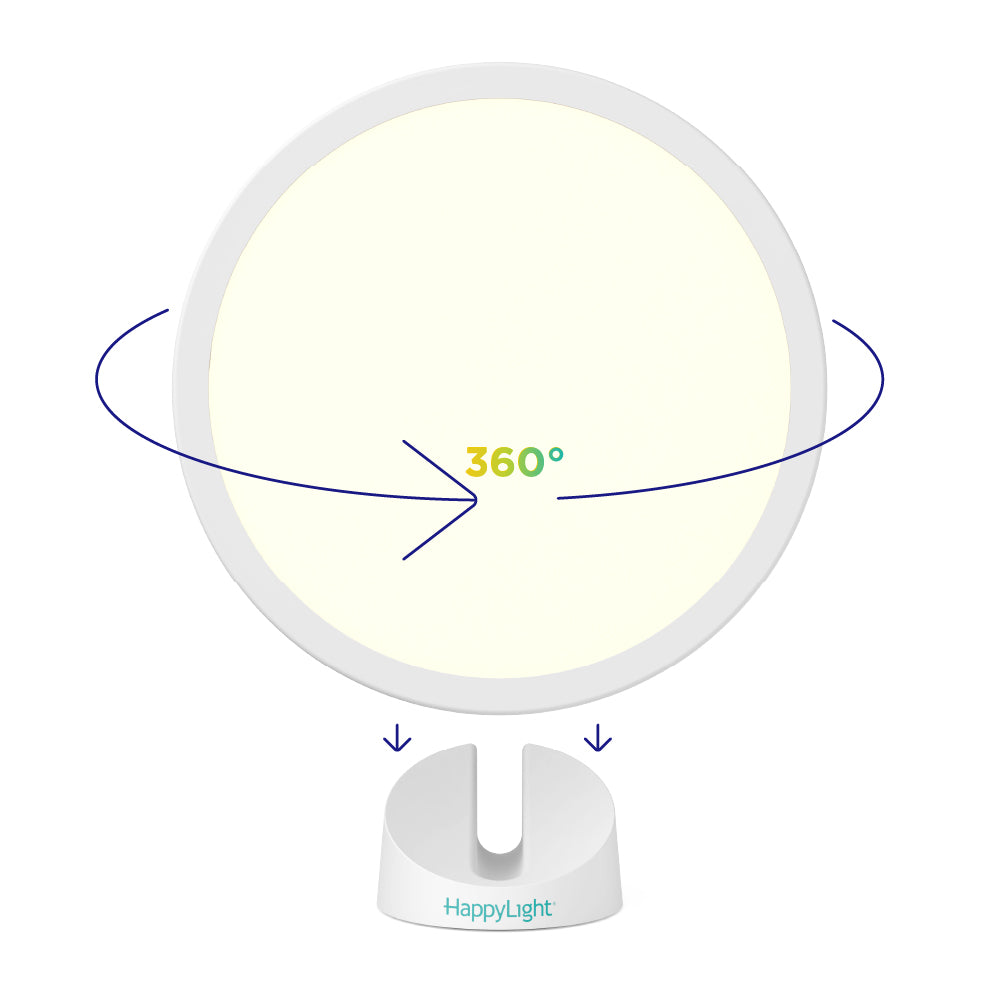Many individuals, particularly seniors, may grapple with the sudden shift in their sleep patterns and daily routines when Daylight Savings Time happens. Losing or gaining an hour can disrupt circadian rhythms, leading to feelings of grogginess, fatigue, and difficulty concentrating. However, with some proactive strategies and adjustments, seniors can navigate this time change more smoothly and minimize its impact on their well-being.
Understanding Daylight Saving Time
Daylight saving time, introduced to maximize daylight during the longer days of spring and summer, affects our internal body clock, also known as the circadian rhythm. This disruption can be more challenging for seniors, as aging often changes sleep patterns and overall health. Seniors must recognize the significance of this time change and take proactive steps to adjust accordingly.


Top Three Tips for Seniors
Gradual Adjustment
Instead of waiting until the day of the time change, gradually shift your sleep schedule by going to bed and waking up 15-30 minutes earlier each day leading up to daylight saving time. This gradual adjustment can help your body adapt more smoothly to the new schedule.
Prioritize Sleep Hygiene
Establish a relaxing bedtime routine and create a sleep-friendly environment. Avoid stimulants like caffeine and electronics before bed, and ensure your bedroom is dark, quiet, and at a comfortable temperature. Consistency in your sleep habits can improve the quality and duration of your rest, making it easier to adjust to the time change.
Read our article about Optimizing Sleep Hygiene for a Restful Night’s Sleep.
Expose Yourself to Daylight
Natural light plays a crucial role in regulating our internal clock. Spend time outdoors, especially in the morning, to signal to your body that it’s time to wake up. Exposure to sunlight can help synchronize your circadian rhythm and promote better sleep patterns. If going outside isn’t feasible, consider using artificial bright light therapy to simulate natural daylight indoors.
Practical Ways to Quickly Adjust
Stay Active
Engage in regular physical activity, but avoid vigorous exercise close to bedtime, as it can stimulate your body and make it harder to fall asleep. Gentle activities like walking or stretching can promote relaxation and help regulate your sleep-wake cycle.
Here is an excellent free YouTube video that will help you relax and sleep more easily:
Limit Naps
While napping can be tempting, especially during fatigue, excessive daytime napping can disrupt sleep. If you must nap, keep it short (20-30 minutes) and avoid napping too late in the day to prevent interference with your bedtime routine.
Here is a helpful free YouTube video that will help you take a short nap and wake you after 20 minutes:
Mind Your Diet
Be mindful of what you eat and drink, particularly in the evening. Heavy meals and alcohol close to bedtime can disrupt sleep quality and contribute to feelings of grogginess upon waking. Opt for light, balanced meals and avoid consuming large amounts of fluids before bed to minimize disruptions during the night.
Try this magically simple bedtime elixir to get a restful night’s sleep.
Spring forward with all the joy of a flower blooming!
Adjusting to daylight saving time can present challenges for seniors, but with the right approach, it’s possible to ease the transition and maintain healthy sleep habits. By gradually shifting your sleep schedule, prioritizing sleep hygiene, and incorporating practical strategies into your daily routine, you can minimize the impact of the time change and enjoy a smoother transition into the new season. Remember to be patient with yourself and allow time for your body to adapt to the changes. With consistency and perseverance, you can successfully navigate daylight saving time and continue to prioritize your overall health and well-being.

